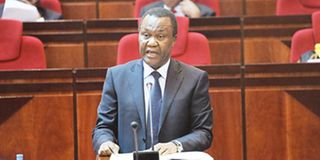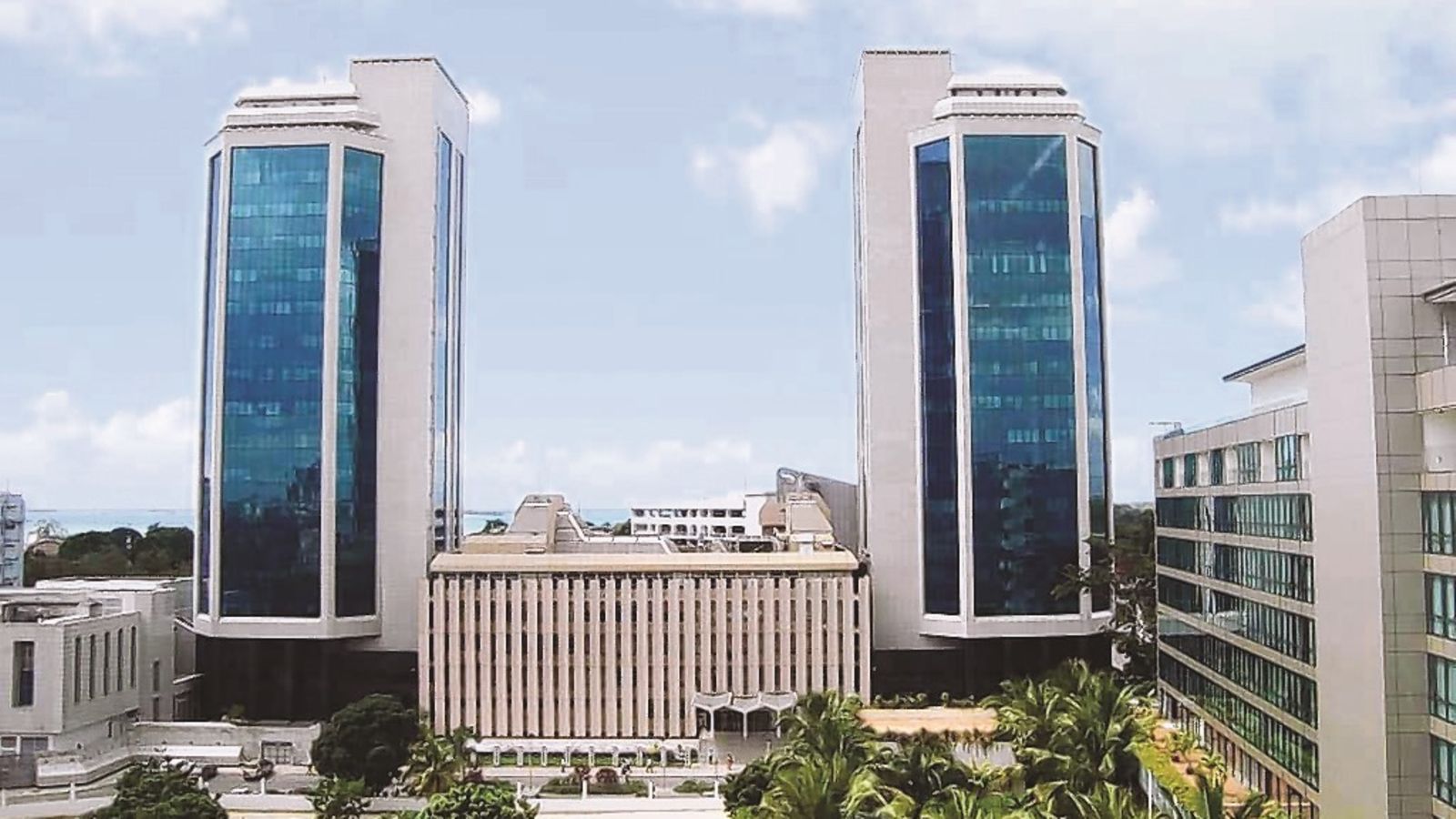Stinging backlash after govt voids Form 4 results

What you need to know:
- Pundits say the decision to void Form 4 results is shortsighted, and ignores the rot that led to last year's appalling results.
Dar es Salaam/Dodoma. The government’s decision to nullify 2012 form four examination results that posted a 60 per cent failure rate, has ruffled the feathers of education sector stakeholders.
Reacting to the decision announced in parliament yesterday by minister of state in the Prime Minister’s Office (co-ordination, policy and parliament) Mr William Lukuvi, they faulted the move as short-term and political rather than permanent and technical.
Tabling a Government statement in parliament, Mr Lukuvi said the decision was informed by the preliminary report drawn by a committee formed by Prime Minister Mizengo Pinda, following the poor results.
According to Mr Lukuvi, the results were a product of unfair grading of pupils’ performance by the National Examination Council of Tanzania (Necta).
The way forward, they proposed, should include new standardisation of the results to reflect the efforts put into studies by the candidates.
“Due to the pressing need to implement the proposed short term measures, the Cabinet, at its April 29, 2013 meeting, received the preliminary report of the Committee and accepted all its recommendations and directed that they should be implemented immediately,” Mr Lukuvi said.
But stakeholders say the move by the government is likely to please the nation with new glittering standardised grades while turning a blind eye to the very core issues which led to the unprecedented mass failure that shook the nation last year.
Mr Ezekiah Oluoch, deputy secretary-general of Tanzania Teachers’ Union (TTU), said the poor results were largely due to inadequate teachers who are poorly paid, work in a hostile environment and lack essential teaching and learning materials.
“It is interesting that the committee and the government have turned a blind eye to the root causes of failure and instead came up with this trivial justification for the decision,” he said.
What the government presented as solutions for the problem facing the education sector in Tanzania, according to Mr Oluoch, was short term in nature and likely to achieve political goals and not permanent interests of all Tanzanians.
He questioned the government’s sincerity on standardisation of results as the new way forward under the same leadership of Necta, arguing that the move would amount to impunity since it is the same people who presided over the grading mistakes who will be tasked to rectify the errors.
“If the government believes that something went wrong which should be corrected, then the correction should not take place under the same executive secretary of Necta and its board of directors,” he said.
The sentiments were echoed by Mr Mahmoud Mringo, Chairman of the Tanzania Association of Managers and Owners of Non-Governmental Schools (Tamongosc) said the government decision and solution would not cure the problem.”
“The problem and solution lie in quality assurance, systems and processes and not grading and standardization of results,” he said, adding: “Building a sound and enviable education system is a process but unfortunately we treat it as an event.”
Mr Mringo expressed fears that the nation was seemingly falling into the temptation of taking shortcuts by compromising quality for good results.
“When it comes to quality, there should be no shortcut. We should clearly define our values and value our definitions.” He maintained.
An official of Twaweza who sought anonymity, said if the government was really determined to solve examination-related problems, recommendations and solution should have included legal action against the culprits.
“We should remember that there were reports of candidates who committed suicide because of the results. The announcement means redress for those who failed; but what about justice for those who died and some who are still traumatised?” he asked
In his presentation in parliament, Mr Lukuvi said the committee, which had 14 members, established that the decision by the National Examination Council of Tanzania (Necta) decision to change the process of preparation and release of the examinations, was the major factor which affected last year’s ordinary level results.
Mr Lukuvi said further that the system adopted in 2012 for processing the examination results and determining the passing level was different from that used in the previous year.
He said the committee established that the new system was well intentioned but it was not well researched and little preparations were made before it was put into use.
Mr Lukuvi said though a law establishing Necta gives it a leeway to change the examination results processing, but it has been advised that before instituting any changes on that field there should be wider stakeholders consultations.
He said that Necta has been directed to use the system used in 2011 in formulating afresh the 2012 national form four results as well as form six for all examinations and should adhere to the standardisation process.
The committee was formed after the massive drop of the pass rate in last year’s national form examinations.
Mr Sifuni Mchome from the Tanzania Commission for Universities (TCU) chaired it assisted by Ms Bernadeta Mushashu, a special Seats Legislator.
According to the results announced by the minister for education and Vocational Training, Dr Shukuru Kawambwa, only 6.4 finalists scored between division one and three.
The result showed also that even seminaries and private schools which normally perform better, also recorded amazing drop in pass rates.
“In fact analysis of the results showed that failure in public schools, especially ward secondary schools which are not well equipped, was minimal compared to other schools,” said Mr Lukuvi when tabling the statement.
Reporting by Songa wa Songa in Dar and Peter Nyanje in Dodoma

